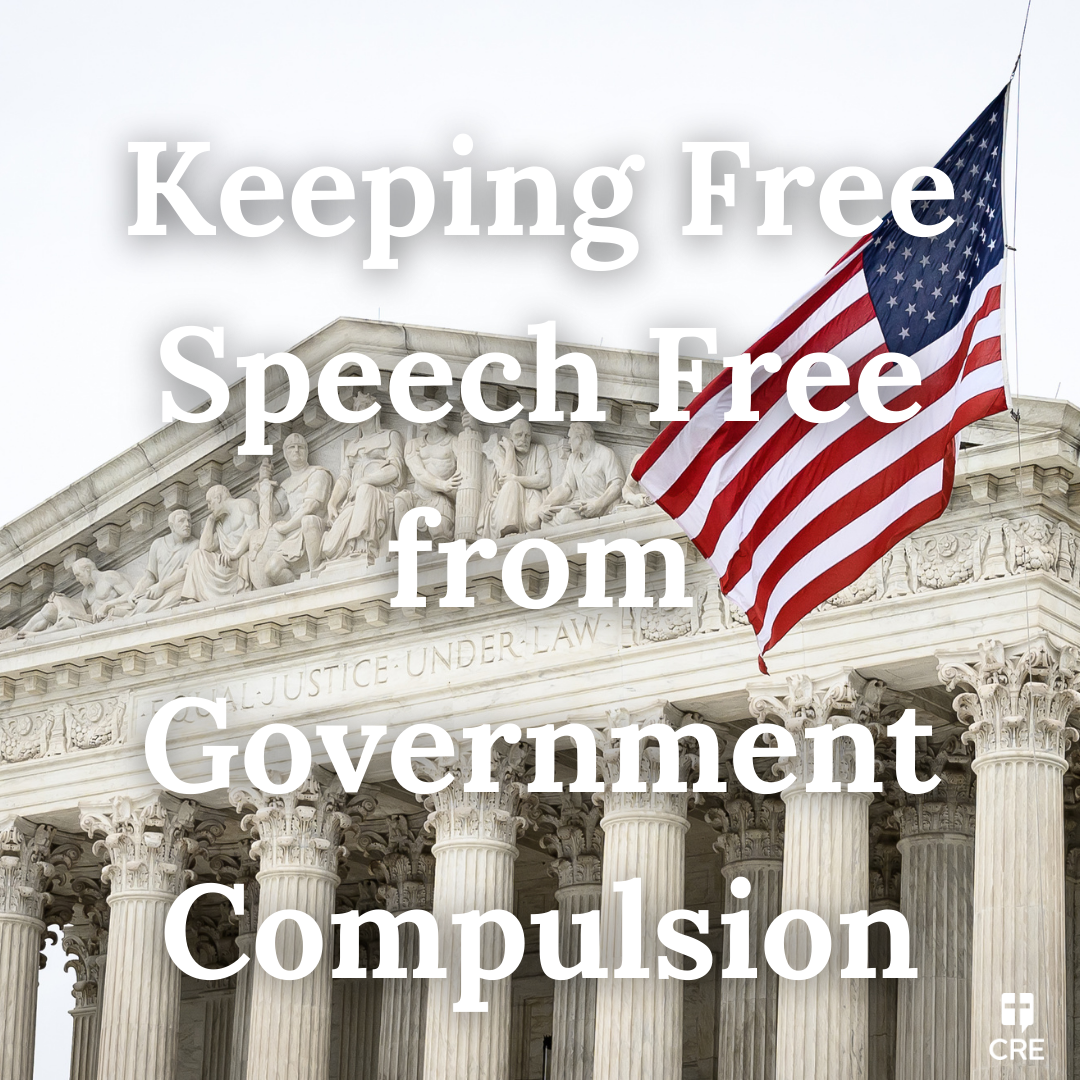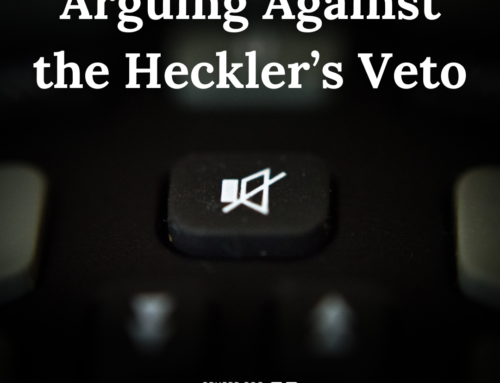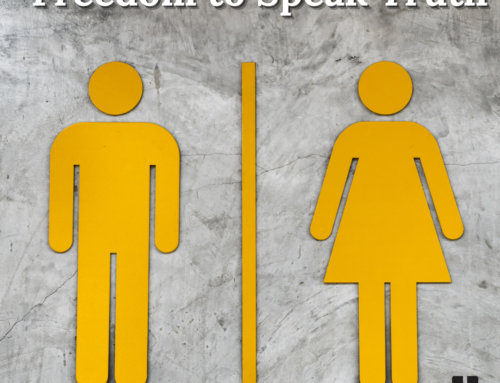Washington, D.C.— June 30, 2022. Today, the Supreme Court ruled in a 6-3 landmark decision to protect Lorie Smith, a Christian website designer, from being forced to design websites and write words celebrating same-sex weddings and other messages inconsistent with her faith. CRE has been privileged to help with this important case since the early stages of the litigation, providing counsel to Lorie’s legal team and amicus briefs in support of her speech and conscience rights. Chief Counsel Nate Kellum spoke at a rally for Lorie’s case on the Supreme Court steps just before oral argument.
Lorie Smith owns and operates a Colorado-based business called 303 Creative, through which she designs websites for various endeavors, including weddings. She gladly serves anyone, including anyone who identifies as LGBTQ. But Colorado, through its public accommodations law, would have Lorie promote same-sex weddings contrary to her Christian faith and conscience. The State gave her a Hobson’s choice, either: 1) conform to the State’s way of thinking about same-sex marriage or 2) get out of the website design business.
As CRE’s amicus brief reminded the Supreme Court, the “inherent right to free speech articulated in the First Amendment to the U.S. Constitution is that American[s] enjoy independence over the words [they] express.” Colorado’s law flagrantly disregards this crucial principle.
While refusing service to a demographic or a status can qualify as invalid discrimination, to refrain from advancing an idea contrary to one’s belief is a right that lies at the heart of the free speech clause. This freedom is not only vital for Lorie, but for all of us. CRE noted in its brief that “Colorado invalidly treat[ed] [Lorie]’s words as a public accommodation itself, unsheathing and wielding [its law] to forcibly extract government-favored speech from her.” To be sure, government compelled speech is not free speech. The First Amendment protects Lorie’s right to choose what messages she utters, and the Supreme Court honored this fundamental concept with its decision.
“No person should ever be forced to express beliefs she does not believe in, especially through a product of her own making,” said CRE Chief Counsel Nate Kellum. “CRE is thankful for the Supreme Court’s ruling as well as the opportunity to participate in this litigation that will ensure the protection of speech and conscience for all Americans.”






